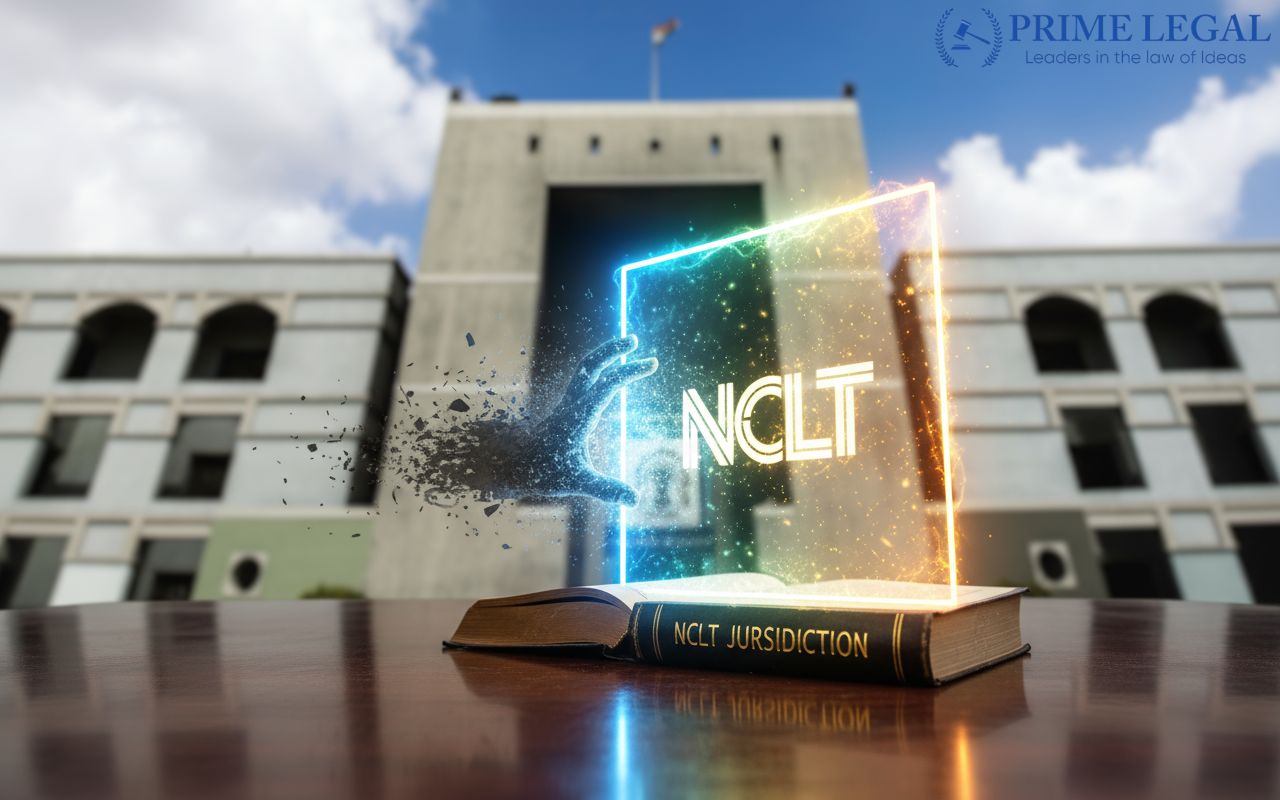Introduction
The Gujarat High Court has clarified the scope of administrative powers vested in the President of the National Company Law Tribunal (NCLT). It held that the NCLT President lacks the authority to transfer cases beyond the territorial jurisdiction of a particular Bench. The court clarified this in the case of Arcelormittal Nippon Steel India Limited v. National Company Law Tribunal & Ors. [Arcelormittal Nippon Steel India Limited v. National Company Law Tribunal & Ors R/SPECIAL CIVIL APPLICATION NO. 11679 of 202]
Background
In this case, the insolvency resolution of Essar Steel India Ltd. (now, ArcelorMittal Nippon Steel India Ltd.) was approved by the NCLT, Ahmedabad. The plan was confirmed by NCLAT and the Supreme Court. After this, contempt and miscellaneous petitions were filed by operational creditors, which led to tension between the parties and the Tribunal. Due to this, two benches of NCLT Ahmedabad recused themselves from hearing matters related to Essar Steel. Following this, the NCLT, Delhi, transferred the pending cases to the NCLT, Mumbai Bench by invoking Rule 16 (d) of the NCLT Rules, 2016.
ArcelorMittal challenged these orders before the Gujarat High Court under Article 226 and argued that the NCLT President does not have the power to transfer a case out of jurisdiction and that the recusals were unjustified.
Key Points
On Recusal by NCLT members- The High Court examined Rule 62 of NCLT Rules, 2016, which deals with recusal. It was observed that recusal is allowed only when a personal/professional relationship exists, the member had previous involvement, or other valid reasons that make participation inappropriate. In this case, recusals were a result of emails and courtroom disturbances from the counsel’s side. The recusal cannot be influenced by external pressure, such as intimidation from counsel. The court highlighted that the grounds laid down under Rule 62 should be fulfilled as it preserved the independence and strength of the Bench. Since none of the grounds mentioned in Rule 62 is met, the impugned recusals are illegal and unjustified.
On Transfer of Cases by the NCLT President- The Court highlighted that Rule 16(d) empowers the President to transfer cases from one bench to another within the same territorial jurisdiction. It clarified that this power does not extend to transferring cases from one territorial jurisdiction (Ahmedabad) to another (Mumbai). It was observed that the President of the NCLT has no administrative power to alter or extend the territorial jurisdiction of any Bench. Doing so would make the order subject to judicial review. Since it is not allowed by law, the NCLT Delhi’s administrative orders that transferred Ahmedabad cases to Mumbai were erroneous.
Recent development
Following the above reasoning, the Gujarat High Court quashed the recusal orders passed by NCLT Ahmedabad. It also quashed the transfer orders issued by NCLT Delhi. It instructed the NCLT President to transfer the cases to an appropriate bench within Ahmedabad.
Conclusion
In conclusion, the Court’s ruling maintains the independence of judicial proceedings while delineating the limits of administrative authority under the NCLT.
“PRIME LEGAL is a full-service law firm that has won a National Award and has more than 20 years of experience in an array of sectors and practice areas. Prime legal falls into the category of best law firm, best lawyer, best family lawyer, best divorce lawyer, best divorce law firm, best criminal lawyer, best criminal law firm, best consumer lawyer, best civil lawyer.”
WRITTEN BY:
FARZEEN ZAMAN


